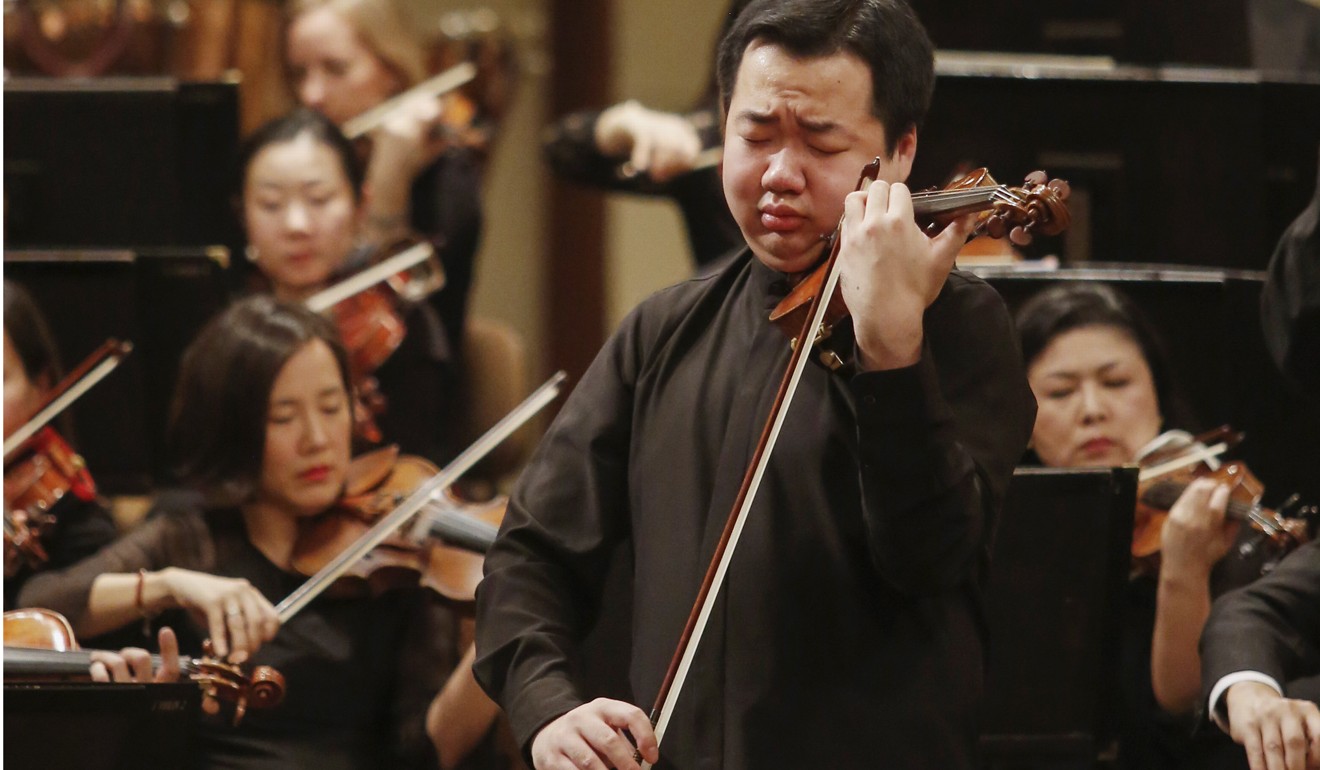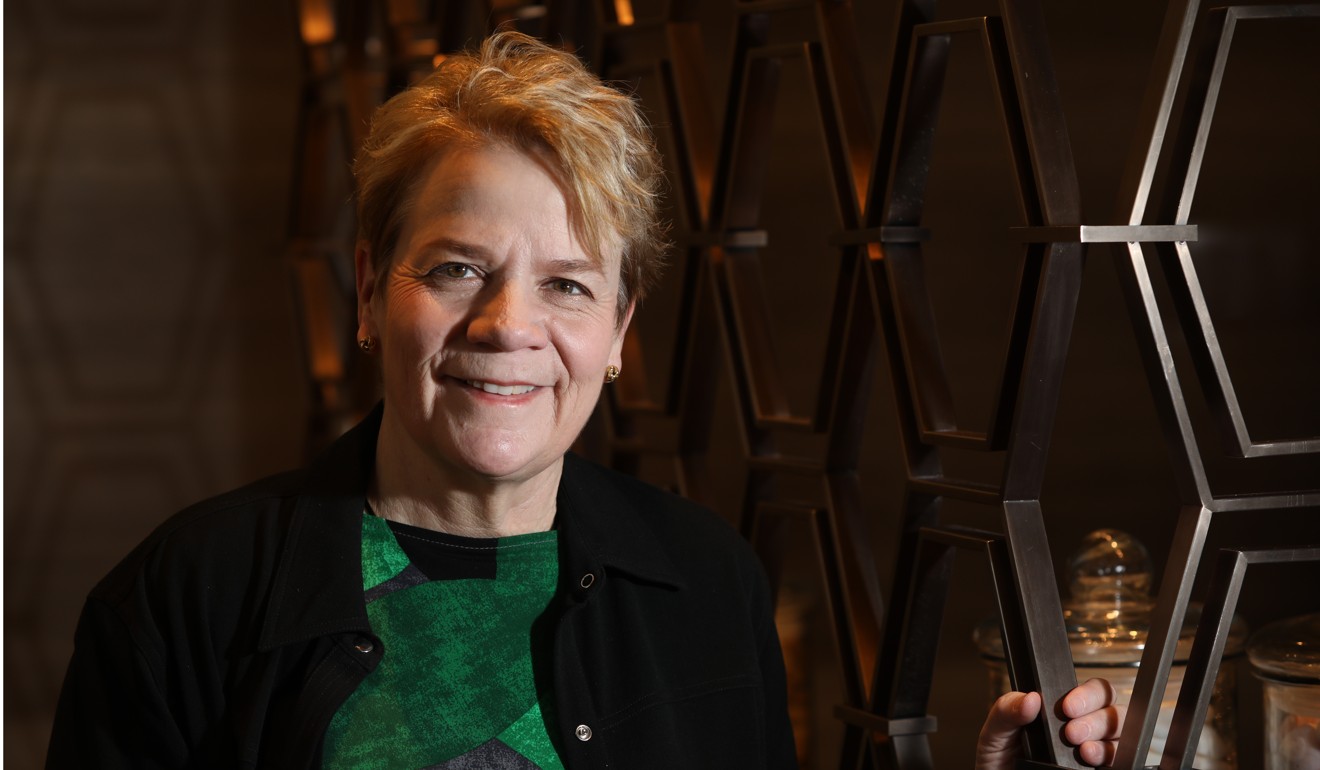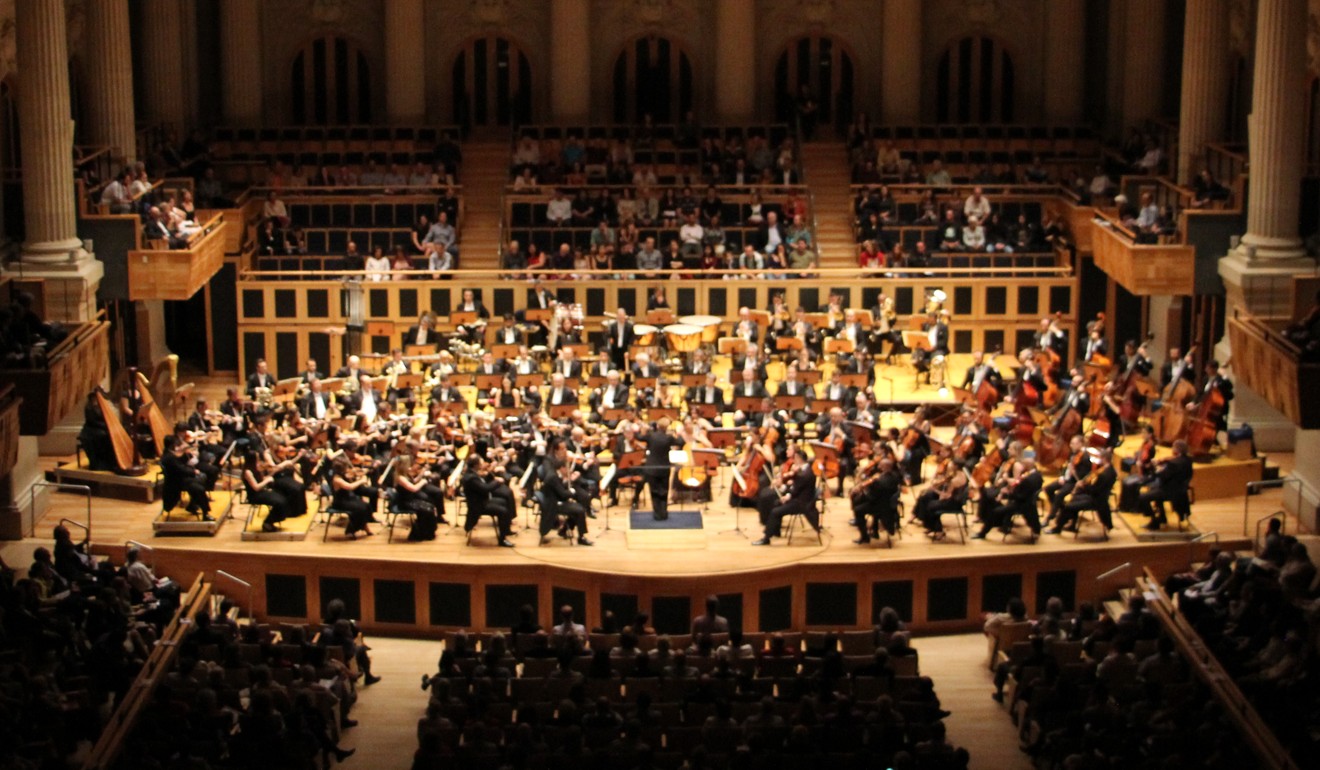
Marin Alsop, pioneering female orchestral conductor, talks gender equality and rising to the top in a male world
- The first female music director of the Baltimore Symphony Orchestra, Alsop will conduct the São Paulo State Symphony Orchestra in Hong Kong
- She gives her thoughts on touring China and the state of classical music today
Star conductor Marin Alsop will be leading the São Paulo Symphony Orchestra in two eclectic programmes at the Hong Kong Arts Festival this week.
Ahead of the concerts at the Hong Kong Cultural Centre, in Tsim Sha Tsui, we caught up with her in Beijing to talk about breaking the glass ceiling in the male-dominated classical music world, her first tour in China (Shanghai, Jinan, Beijing and Hong Kong), and the development of classical music today.
This is the first time you have conducted in China. How has your stay been so far?
It’s great. The whole experience was lovely. There’s a developing audience [in classical music] in Jinan. They are very warm and receptive. So we’re having a good time. The musicians are enjoying themselves.
One of the programmes started with Leonard Bernstein’s Candide Overture, followed by two works by Brazilian and Argentine composers. Why were these works selected?
The presenters were interested in some repertoire that would highlight the spirit of the Brazilian people. South American music is very rhythmic and fiery. It has a lot of folk elements. The combination is very romantic and passionate. It’s not too difficult a repertoire for the Chinese audience. The music is very listenable and accessible.

Chinese violinist Ning Feng joins the orchestra to perform Paganini’s Violin Concerto No.1. What do you think about Chinese musicians?
Ning came to play with us in São Paulo last season. He’s amazing. In my orchestra in Baltimore, I have five principals who are Chinese. It’s exciting to see all these fantastic young Chinese musicians coming up.
Besides being the artistic director of the Vienna Radio Symphony Orchestra, you made history in 2007 when you were appointed the music director of the Baltimore Symphony Orchestra, the first female to lead a major American orchestra. The classical music world is notorious for being slow to welcome female musicians, let alone promote them to leadership roles. How’s the state of gender equality in the field now?
Because of the #MeToo movement … there’s more willingness to be open to women on the podium. For the past 30 years, it has been pretty lonely [for me as a female conductor]. I hope it’s not just a fad and a trend. My goal is for it not to be unusual. It is not just about one woman like me. Orchestras and audiences need to see more women of different nationalities, colours, sizes and shapes.

Is it more difficult for a woman to be a conductor?
[The key is to] take any kind of gender reference out of it so that it’s just about the music. Music in itself should be gender-neutral. The goal is not to have people say that a woman is conveying the music. It’s just a conductor conveying the music. There’s no difference between how a man or woman conducts a piece of music. But if you think about it, the way society interprets our gestures as women is different from men. If [a woman] comes in and does something [very assertive, she will raise eyebrows]. But if a man does that, people will think that’s good.
To nurture more female conductors, you set up a two-year scholarship programme in 2002. How are the results?
The programme has trained 20 people so far. The winners [of the scholarship] come with me to various orchestras and do the opening piece. They get some coaching from me and get some comments from the musicians. Two of them are Chinese from Taiwan. One is Carolyn Kuan, who is now music director of the Hartford Symphony Orchestra in the United States. Another is Chen Mei-Ann, who is now music director of the Chicago Sinfonietta. They are both very successful.
You mentioned the #MeToo movement. It has rocked the classic music industry too, with news about the suspension of conductor James Levine from New York’s Metropolitan Opera and the dropping of conductor Charles Dutoit by the Royal Philharmonic Orchestra and other ensembles over sexual harassment claims. Do you expect more such revelations in the classic music world?
In every industry, there are these examples of very poor judgment. It’s about power and ego. Certainly we have a lot of that in our business.

Since your arrival at the São Paulo Symphony Orchestra in 2012, you have put it on the global music map, leading it to play at the BBC Proms at the Royal Albert Hall in 2012, the first Brazilian orchestra ever to do so. Your stint in Brazil is coming to an end as you are heading to Vienna. How do you find your experience in Brazil?
I didn’t expect to end up there. I guest-conducted there for a week and fell in love with the orchestra. They were hungry for input and direction. Over the past seven years, the orchestra has come up in terms of technical skill and artistically, depth of sound. They sound great now. The country has some problems like drug-related crimes. But the people are marvellous and educated.
You have whipped the originally underwhelming São Paulo Symphony Orchestra into shape. If you have the chance to lead an orchestra in China, also a country like Brazil with fabulous music infrastructure but nascent development, will you consider it?
Let’s see what happens. The future of classical music development in China is very promising. Many Chinese parents understand the value of learning a musical instrument for their children. Even if they didn’t play they want their kids to have that experience. There will be a huge growth spurt in both musicians and audience. You will see the conservatories in China start to grow and invest in the future. So I think it’s a really exciting time now.

